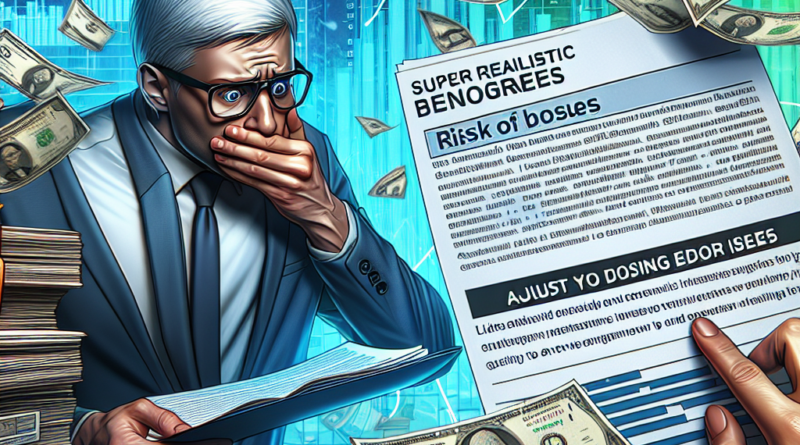Adjust your ISEE now to avoid losing bonuses at risk
The Importance of Updating the Current Isee: Deadlines and Consequences
When it comes to receiving bonuses or benefits based on the current Isee, it’s crucial to remember that this type of certification has a different expiration date compared to the ordinary one.
Difference Between Ordinary and Current Isee
Let’s start by understanding the dissimilarities between the ordinary and current Isee.
The ordinary Isee assesses the economic situation of the family unit, considering incomes and assets, updated to two years prior.
On the other hand, the current Isee, which can be requested only in specific circumstances (e.g., changes in the job situation of one or more family members or a decrease in incomes and assets), reflects the economic situation of the previous year.
Moreover, in cases of indefinite-term employees who have experienced a job loss, suspension, or reduction in work activities, the incomes are calculated based on the last 2 months.
The same applies when there is an interruption in social security benefits.
The current Isee allows for a reduction in the certification value, increasing access to bonuses and benefits while also raising the amount entitled.
For example, the current Isee can enhance the Universal Child Benefit and make it easier to meet the requirements for the new measure replacing the Citizenship Income, the Inclusion Allowance.
Deadlines for Current Isee
While the ordinary Isee is valid until December 31st of the reference year, the current Isee follows different rules.
According to the interministerial decree of July 5, 2021:
- If only the asset component is updated (possible from April every year), the current Isee remains valid until December 31st of the reference year.
- If both income and asset components are updated, the current Isee is also valid until December 31st, unless there are changes in the job situation or benefit enjoyment.
In case of such variations, the update must be made within 2 months. - If only the income component is updated (possible from the beginning of the year), the current Isee is valid for 6 months.
Again, any changes require an update within 2 months.
When to Update the Current Isee
Families that have experienced changes compared to what was declared in the Substitute Declaration for Isee should promptly update the current Isee.
For example, the renewal must be done within 2 months in case of:
- Starting a new job
- Starting to receive a pension
These changes affecting one or more family members require both income and asset components to be updated, even if the current Isee was initially presented for a single modification.
As the deadline nears for renewing the current Isee, those who applied for it at the beginning of the year for income component updates must be aware of the semi-annual validity.
For instance, an application made on January 15th necessitates renewal by June 15th.
Consequences of Delayed Current Isee Renewal
Failure to renew the current Isee on time will lead the INPS to revert to the ordinary Isee.
This may result in:
- Reductions in bonus amounts
- Loss of eligibility and subsequent forfeiture of bonuses and benefits
For instance, the Universal Child Benefit is universal but tied to the Isee.
Therefore, switching from the current to the ordinary Isee may increase the certification, possibly decreasing the amount received.
The same applies to the nursery bonus.
Cautious consideration is necessary for benefits within a specific Isee limit, such as the Inclusion Allowance or Support for Training and Employment.
Returning to the ordinary certification could surpass income and asset thresholds, leading to benefit loss.




